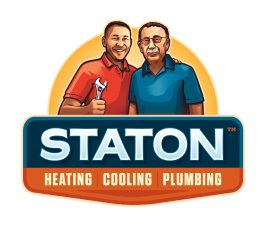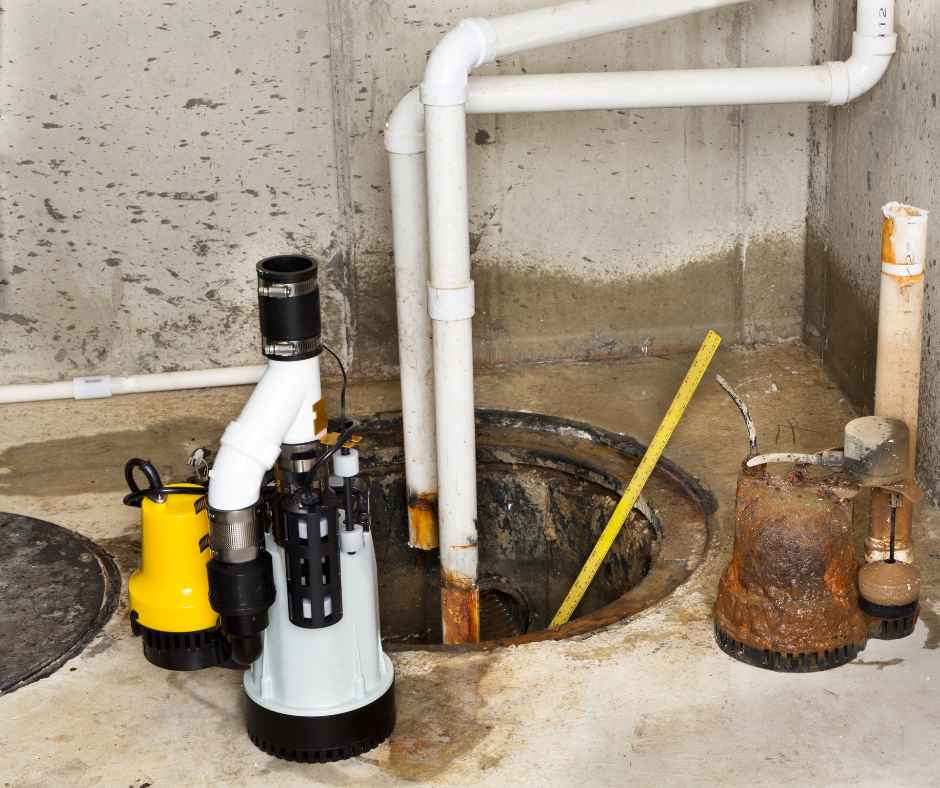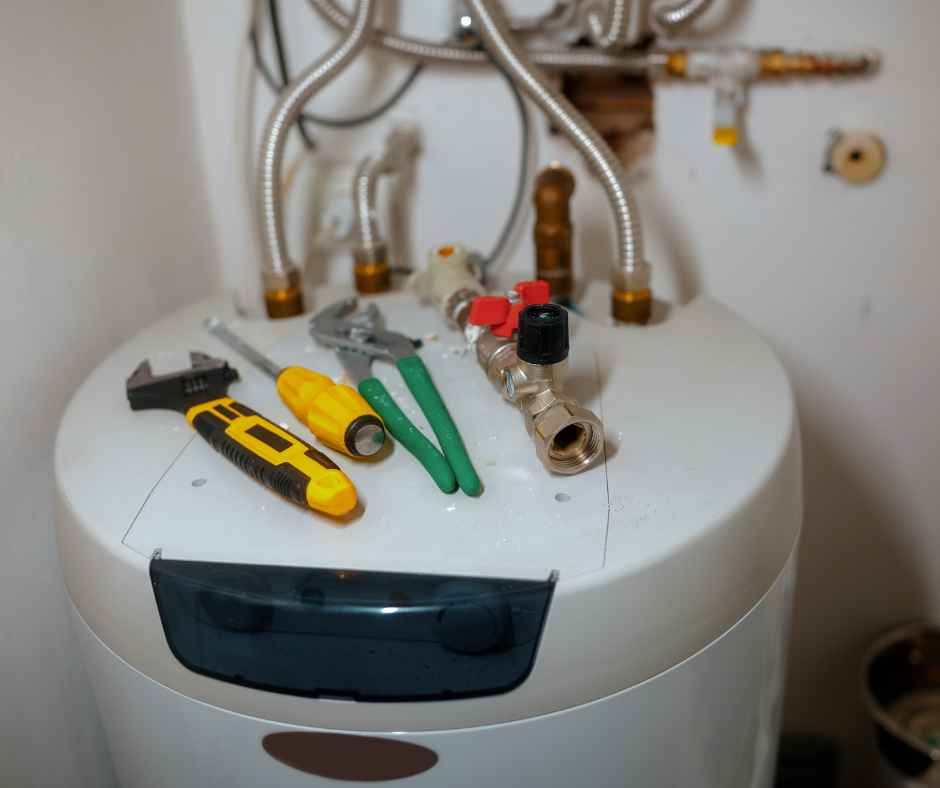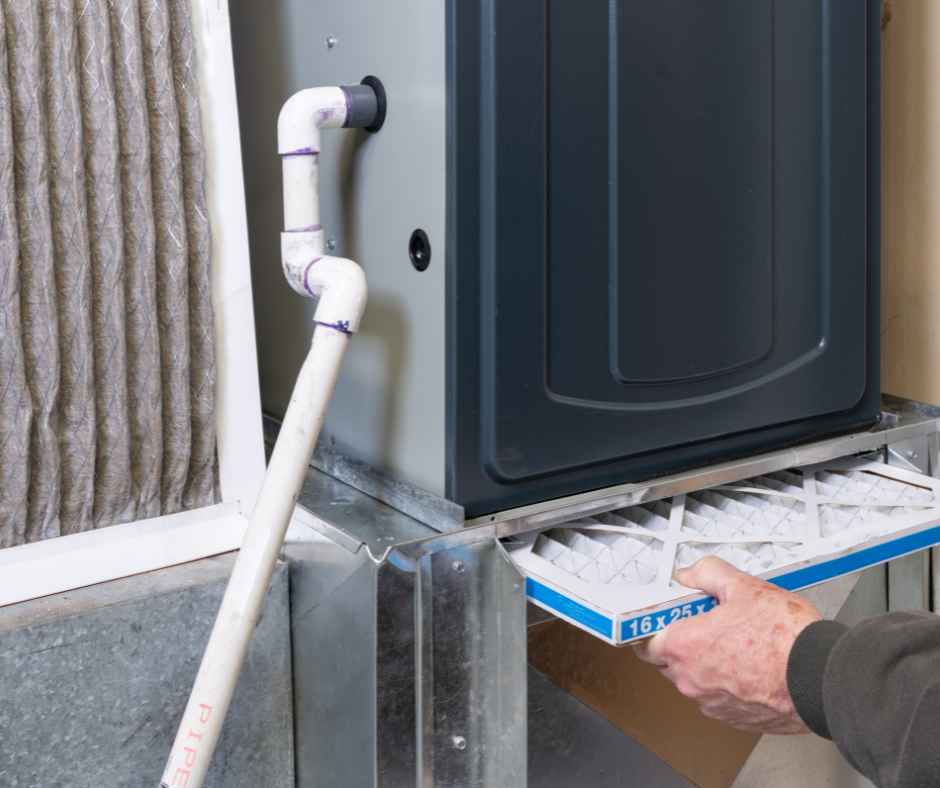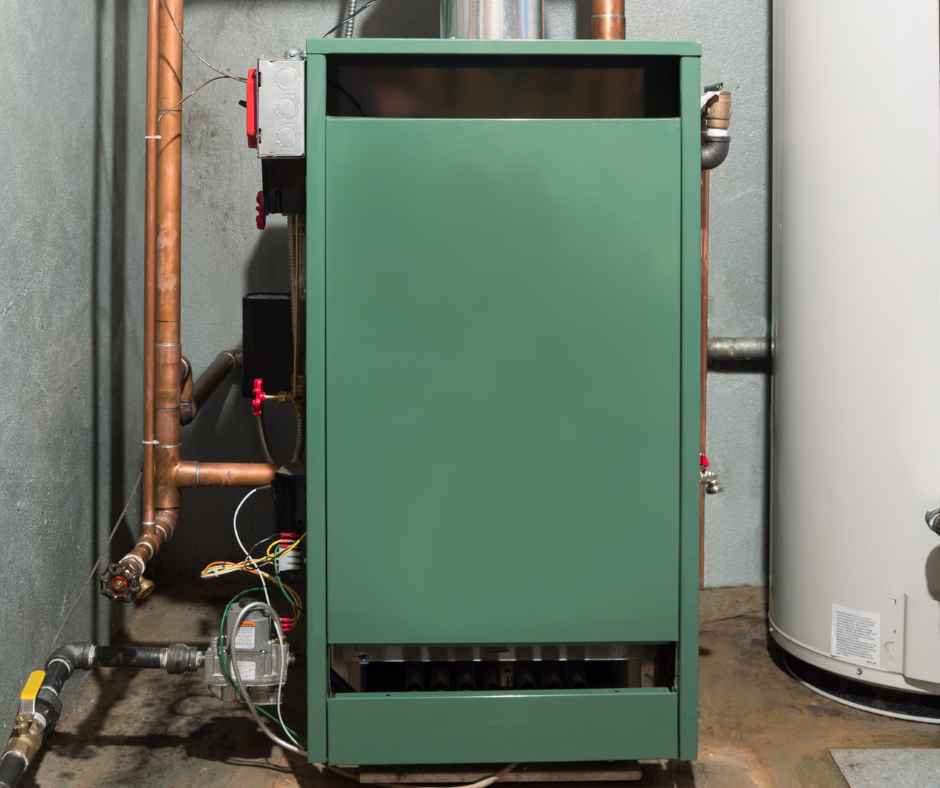0% APR Plus No Payments for 12 Months
on Select New Plumbing & HVAC Systems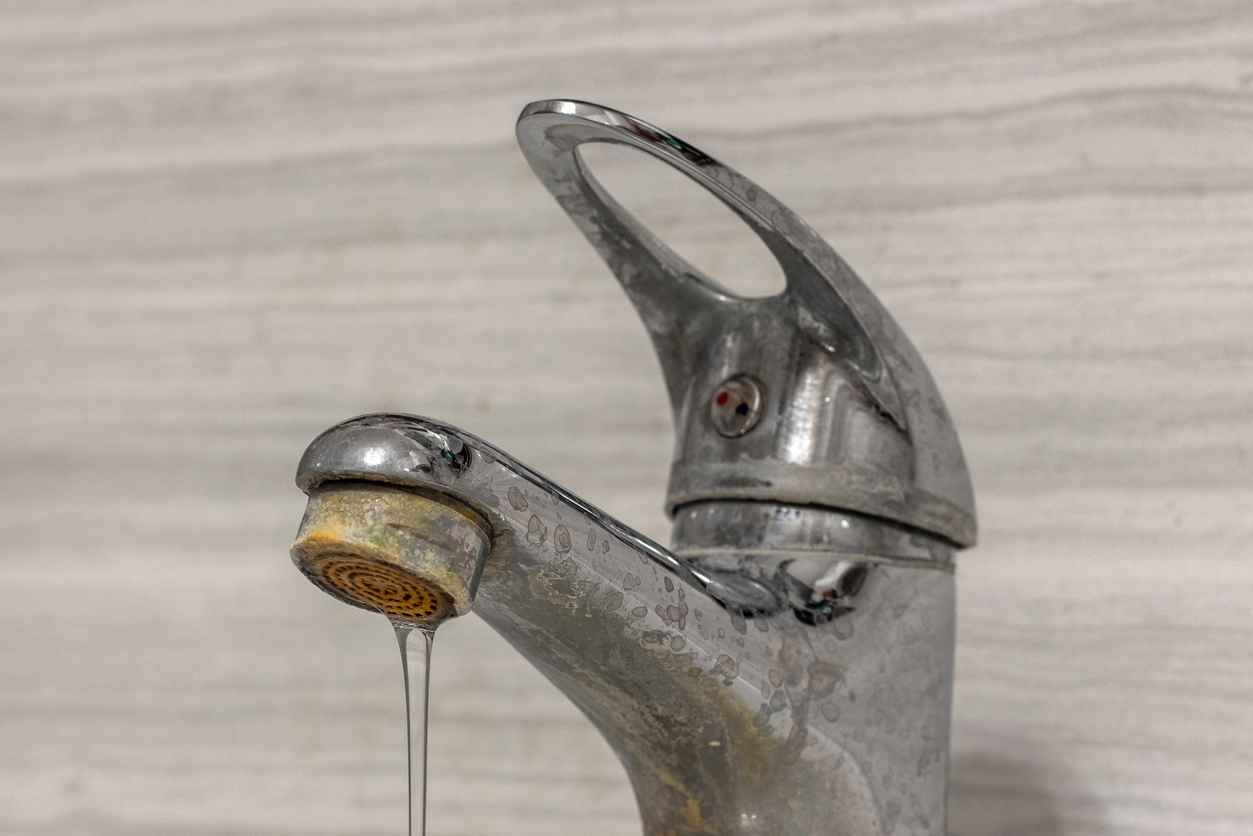
Is Hard Water Bad for You?
Hard water is a common issue in many households, but is it actually bad for you? While it’s not harmful to drink, hard water can have negative effects on your skin, hair, appliances, and plumbing system. Understanding the impact of hard water and how to address it can help you improve your home’s water quality and overall comfort.
What is Hard Water?
Hard water contains high levels of dissolved minerals, primarily calcium and magnesium. These minerals enter the water supply as it moves through soil and rock formations. The more minerals present, the harder the water becomes. While hard water is generally safe to drink, its effects can be noticeable in various aspects of daily life.
Effects of Hard Water on Your Body
Hard water isn’t considered a health risk, but it can cause minor inconveniences when it comes to personal care.
- Skin Irritation – The minerals in hard water can strip away natural oils, leading to dryness and irritation, especially for those with sensitive skin or conditions like eczema.
- Dull and Dry Hair – Hard water makes it difficult for shampoos and conditioners to lather properly, leaving hair feeling dry, brittle, and weighed down by mineral buildup.
- Soap and Residue Issues – Hard water reacts with soap to form a filmy residue on the skin, making it harder to rinse off completely. This can cause clogged pores and a feeling of leftover soap even after showering.
Effects of Hard Water on Your Home
Beyond personal care concerns, hard water can negatively impact your plumbing system, appliances, and everyday household tasks.
- Plumbing Damage – Mineral buildup from hard water can accumulate inside pipes, restricting water flow and leading to potential clogs or pipe damage over time.
- Appliance Efficiency – Hard water reduces the efficiency of water-using appliances like dishwashers, washing machines, and water heaters. Over time, mineral deposits can cause these appliances to wear out faster, increasing maintenance and replacement costs.
- Soap Scum and Stains – Hard water leaves behind white, chalky deposits on sinks, faucets, and glassware. It also makes it more difficult for detergents to dissolve, resulting in spots on dishes and laundry that feels stiff or rough.
How to Reduce the Effects of Hard Water
While you may not be able to change your local water supply, there are several ways to minimize the impact of hard water on your home and health.
- Install a Water Softener – A water softener removes excess minerals from your water, reducing scale buildup and making it easier on your plumbing, appliances, and skin.
- Use Specialty Hair and Skincare Products – There are shampoos, conditioners, and soaps formulated specifically to combat the effects of hard water and prevent dryness.
- Clean with Vinegar – White vinegar helps dissolve mineral deposits on faucets, showerheads, and glassware, keeping them free of buildup.
- Regularly Maintain Your Plumbing and Appliances – Flushing your water heater and cleaning fixtures regularly can help prevent long-term damage from mineral accumulation.
Protect Your Home from Hard Water Issues with Staton
If you’re experiencing hard water issues, contact Staton Heating, Cooling & Plumbing today. Our team can help you find the best water treatment solutions to protect your home and plumbing system.

